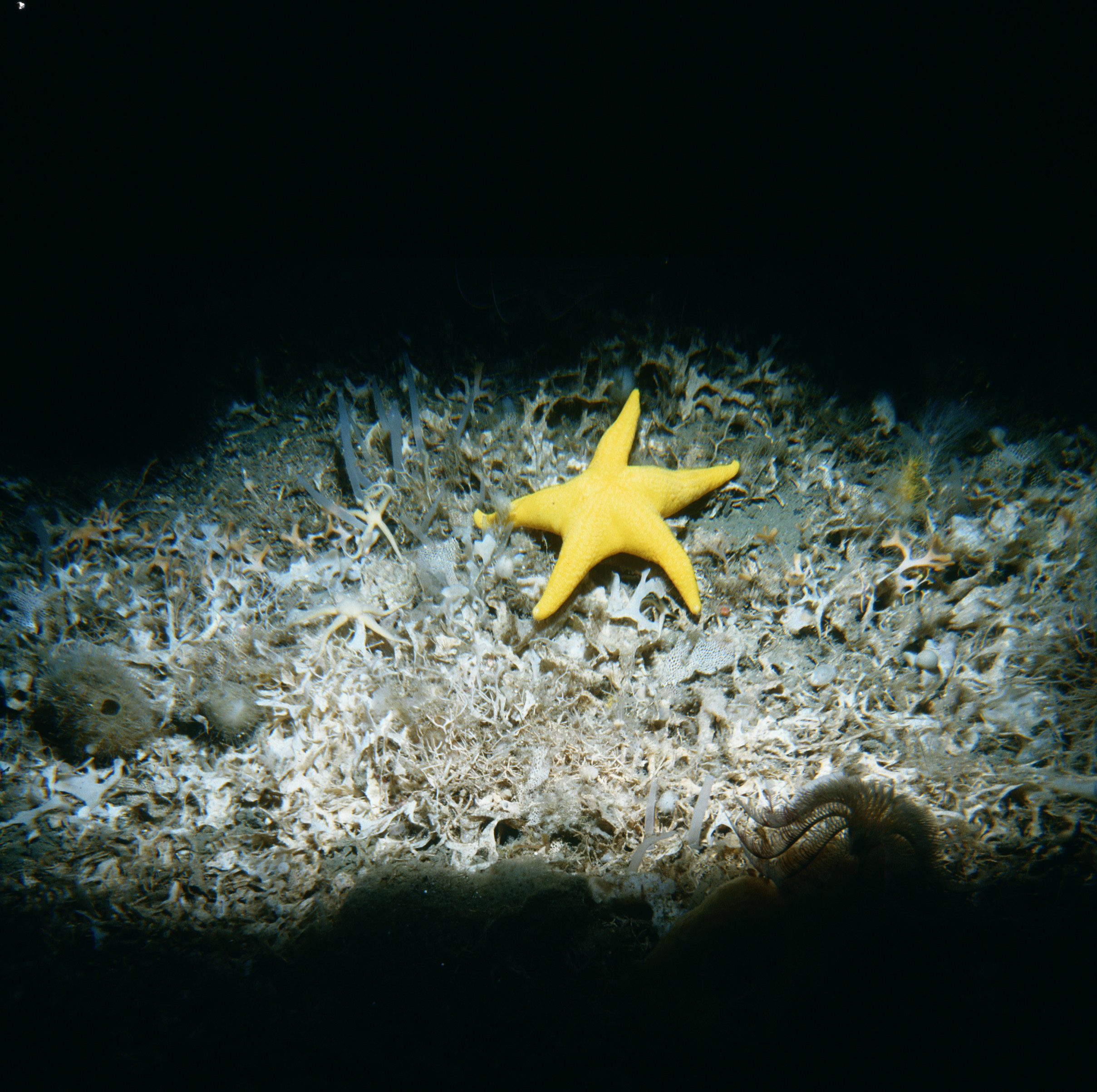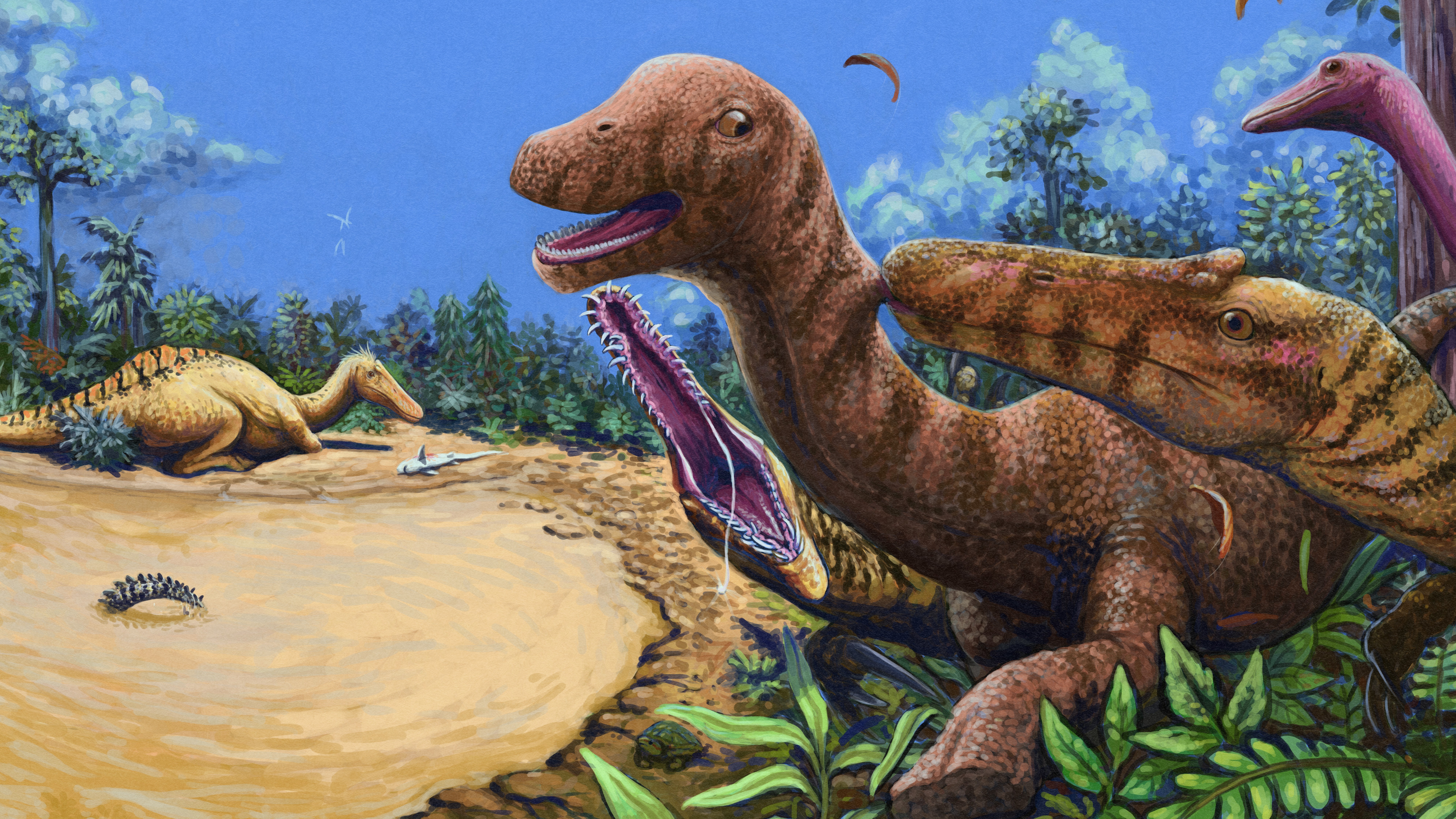11 Surprising Facts About the Immune System
Starfish show how ancient the immune system is

There are two equally important aspects of the immune system: Innate immunity and adaptive immunity. The innate immune system consists of cells and proteins that are always ready to fight microorganisms at the site of infection; the adaptive immune system gets called into action when pathogens bypass the innate defenders.
Invertebrates — animals without a backbone — generally lack the adaptive immunity that vertebrates have. But in the late 19th century, Russian biologist Russian biologist Élie Metchnikoff discovered that invertebrates do have an innate immune system.
One evening in December 1882, Metchnikoff pierced a starfish larva with a rose thorn. When he examined it the next day, he discovered a multitude of tiny cells trying to engulf the thorn (an innate immune process called phagocytosis).
Importantly, the starfish has remained largely unchanged since it evolved some 500 million years ago, long before vertebrates came onto the scene, suggesting that the innate immune system has very ancient roots.
Follow Joseph Castroon Twitter. Follow us @livescience, Facebook & Google+.
Get the world’s most fascinating discoveries delivered straight to your inbox.



